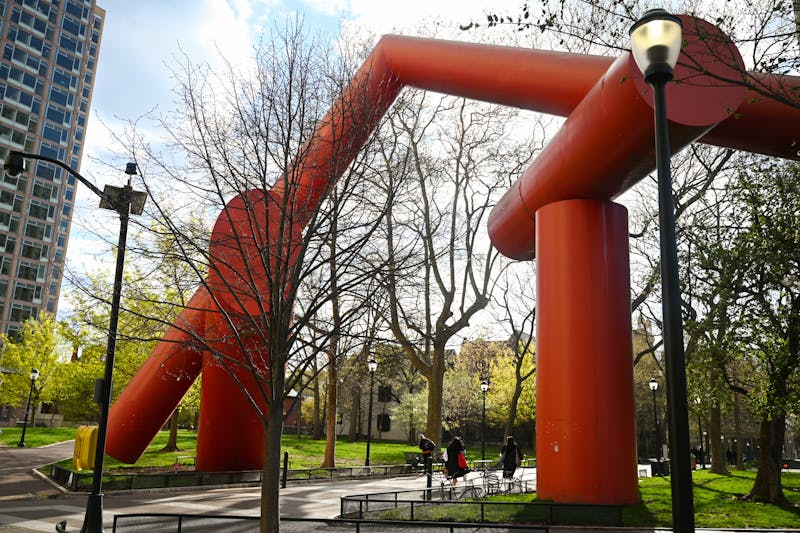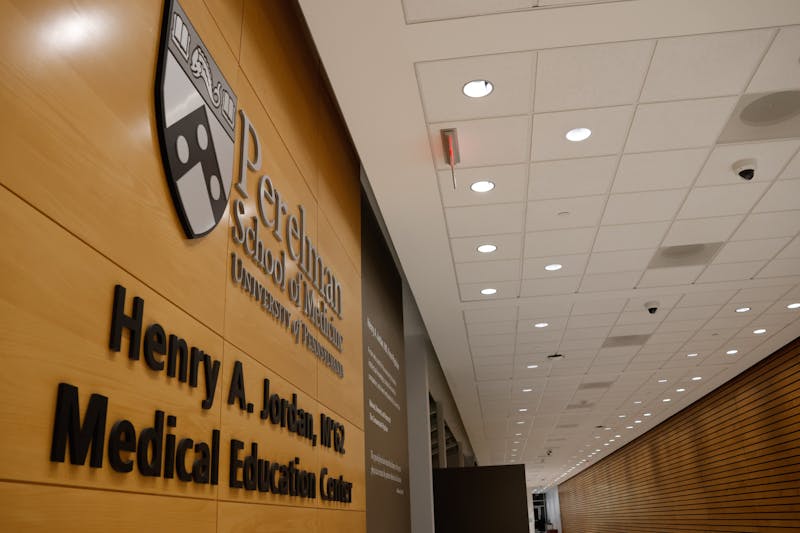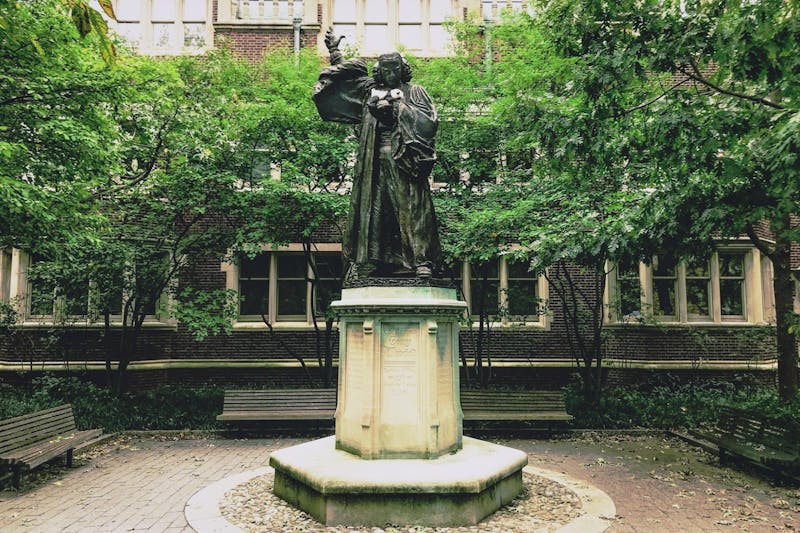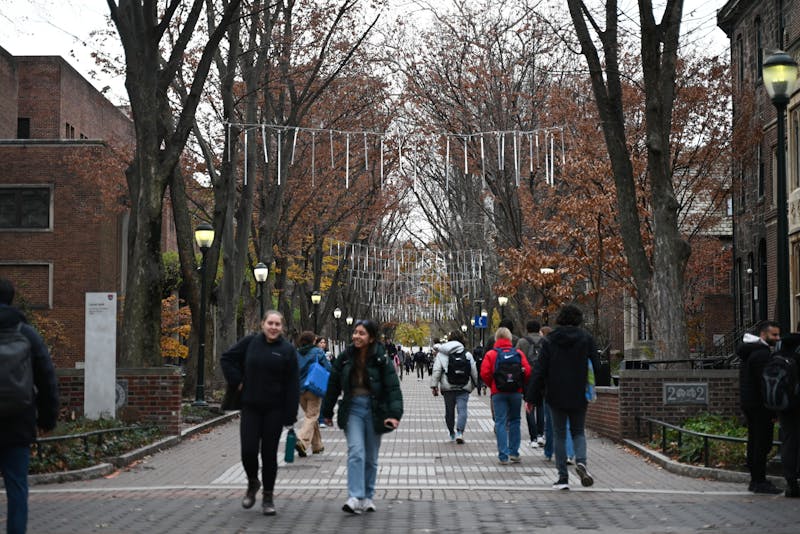
Peter Groeneveld, the co-director of the Perelman School of Medicine's Master of Science in Health Policy Research program, will leave his role at the end of this semester.
The announcement was sent to students, faculty, and staff within the MSHP program by Penn Med Senior Vice Dean for Clinical and Translational Research Emma Meagher. It came less than two weeks after The Daily Pennsylvanian reported on an internal investigation into emails from Groeneveld discussing underrepresented minority, or URM, students in the program, prompting student concerns.
Penn Med, Groeneveld, and Meagher did not respond to requests for comment.
On Dec. 1, 2023, Groeneveld sent co-Director Judy Shea an email suggesting that URM students in the program have struggled and dropped out.
While Penn Med launched an investigation into the concerns after the filing of a student complaint in January, the investigation “did not identify a pattern of unacceptable behavior” and kept Groeneveld in his position while announcing several action steps.
Following the investigation's conclusion, multiple students in the MSHP program criticized its process in interviews with the DP and continued to call for Groeneveld's resignation.
On March 20, 10 Penn Med faculty members wrote a "letter of concern" to Provost John Jackson and medical school Dean Jonathan Epstein expressing frustration with the medical school's response. Within the statement, which was obtained by the DP, they expressed anger over the decision not to immediately appoint an interim MSHP director during the investigation and said that they have no confidence in the current leadership of the MSHP program.
Among these faculty members were Nadia Dowshen, Anireddy Reddy, Aditi Vasan, and Joanne Wood, all of whom graduated from the MSHP program.
“We as faculty have witnessed the tremendous negative impacts on our students and believe that the thoughts and ideas expressed in the email from the program director are wholly inconsistent with the program and the university’s stated mission for health equity and anti-racism,” the statement said.
The faculty also contended that the recommendations that arose from the investigation — such as implementing a new Associate Director for Diversity and Inclusion position and adding student representation to the MSHP executive committee — do not address the trauma that URM students experienced from the email and the investigation process.
“We are concerned that by leaving these issues unaddressed, there could be lasting negative impacts on our ability to recruit fellows from URM backgrounds into the MSHP program and into fellowship training programs at PSOM in the future” they said.
Groeneveld’s departure, which will take place on May 14, will occur at the conclusion of his five-year term at Penn and leave the MSHP program without any directors. The other former co-director of the program, Judy Shea, died on March 14.
Meagher's announcement stated that the MSHP Executive Committee would be in communication regarding the appointment of new program leadership for the next five-year term.
Several students in the program — who were granted anonymity due to fear of retaliation — said that they were pleased with Groeneveld's departure yet remained unsatisfied.
"This is a step toward justice but remains a professional bandaid on a systemic problem,” one student wrote to the DP.
Another student criticized Meagher's actions throughout the investigation, calling them "incredibly insensitive, tone-deaf, opaque, and caked in bias — emblematic of how deep structural racism runs and how traditional power structures benefitting certain groups continue to be upheld within this elite institution.”
"I hope this is used as an opportunity to think critically about ourselves, our positionality within our health system and community, and what we need to learn and unlearn, in order to foster a safe space for our [URM] colleagues and build an environment and culture that we are proud of and feel a sense of belonging,” they added.
The Daily Pennsylvanian is an independent, student-run newspaper. Please consider making a donation to support the coverage that shapes the University. Your generosity ensures a future of strong journalism at Penn.
Donate












